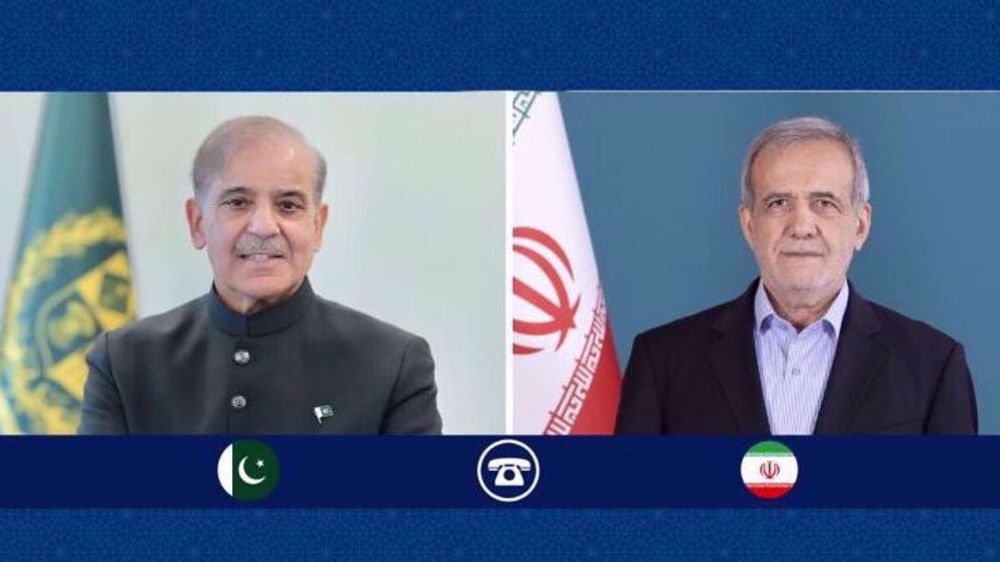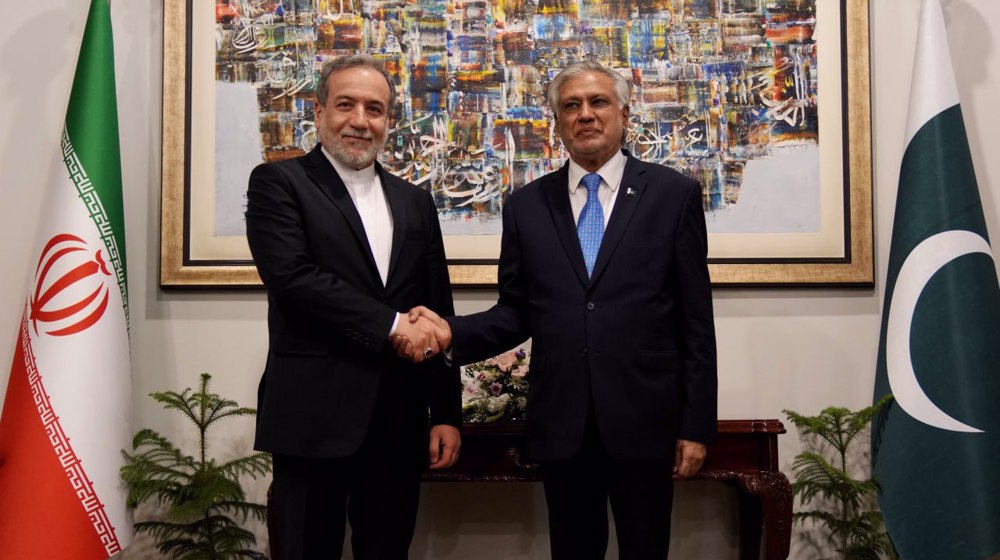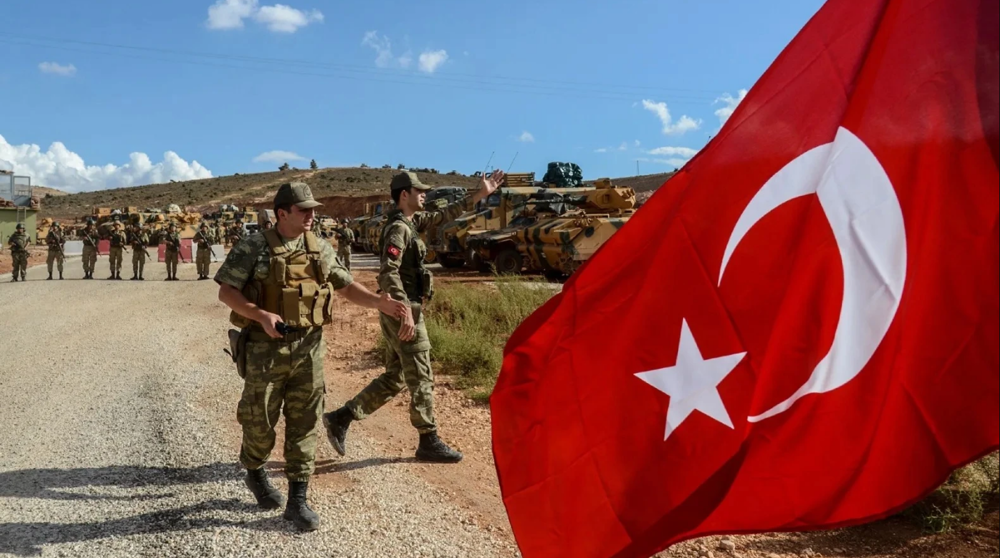Pakistan says UNSC meeting shows Kashmir not India’s domestic matter
Pakistan says holding a meeting by the United Nations Security Council (UNSC) “nullifies” that Jammu and Kashmir is a domestic matter for India, which scrapped the autonomy of the Muslim-majority Himalayan region earlier this month.
The 15-member council held a meeting behind closed doors on Friday at the request of China and Pakistan, nearly two weeks after New Delhi, in a surprise move, revoked Article 370 in the Indian constitution that had granted Kashmir special autonomy.
“I think this meeting nullifies that Jammu and Kashmir is an internal matter for India,” said Maleeha Lodhi, Pakistan’s permanent representative to the UN, at a press conference after the meeting on Friday, adding that her country was “grateful to China for calling this meeting.”
“The voice of the Kashmiri people have been heard today. The fact that this meeting took place is testimony to the fact that this is an internationally recognized dispute. This meeting has reaffirmed the validity of the UNSC resolutions on the status of Jammu and Kashmir,” she further said.
Lodhi also noted that Pakistan Foreign Minister Shah Mehmood Qureshi had conveyed that this was “the first step that we (Pakistan) have taken on behalf of the people of Jammu and Kashmir…the first but not the last step.”
It is quite rare for the UNSC to discuss Kashmir, which has been split between India and Pakistan since their partition in 1947. Both countries claim all of Kashmir and have fought three wars over the territory.
The last time the council met to formally discuss the issue was in 1971.
According to diplomats, Friday's discussion was not considered a full security meeting but rather referred to as closed-door consultations.
China proposed that the UNSC issue a statement on the status quo in Jammu and Kashmir, but the US, France and Germany objected, diplomats said. Such statements are agreed by consensus.
Zhang Jun, China’s permanent ambassador to the UN summed up the discussions, saying that there was serious concern over the situation. No other members of the UNSC spoke publicly after the meeting.
“They are also concerned about the human rights situation there and also it’s the general view of members that parties concerned should refrain from taking any unilateral action that might further aggravate the tension there since the tension is already very tense and very dangerous,” Zhang said.
India furious about UNSC meeting
Meanwhile, India’s UN Ambassador Syed Akbaruddin lambasted the UNSC meeting for “international interference” over Kashmir.
“We don’t need international busybodies to try to tell us how to run our lives. We are a billion plus people,” said Akbaruddin at a press conference after the conclusion of the meeting at the UN headquarters in New York.
He added that the decision made by New Delhi on August 5 had been an internal matter and that India was committed to ensuring the situation remained “calm and peaceful.”
India has regularly blocked discussion of Kashmir at the world body since it perceives the issue as a domestic affair.
After the decision to scrap Kashmir’s autonomy, India dispatched thousands of additional troops to the Himalayan region, declared a strict curfew, shut down telecommunications and internet services, and arrested political leaders and pro-independence campaigners.
Pakistan has called the decision “illegal” and has expelled the Indian ambassador to Islamabad.
Indian Prime Minister Narendra Modi has claimed that the decision was necessary for Kashmir’s economic development and also to stop “terrorism.”
Other countries have called for restraint and de-escalation.
On Sunday, Pakistani Prime Minister Imran Khan likened the Indian government to Nazi Germany, saying that Hindu-majority India is planning “genocide” against people in the Muslim-majority Kashmir.
“The curfew, crackdown and impending genocide of Kashmiris in IoK [Indian-occupied Kashmir] are unfolding exactly according to RSS ideology inspired by Nazi ideology. Attempt is to change demography of Kashmir through ethnic cleansing. Question is: Will the world watch and appease as they did Hitler at Munich?” Khan said at the time.
The RSS is short for the Rashtriya Swayamsevak Sangh, a right-wing, Hindu nationalist organization widely regarded as the parent organization of the current ruling party of India, the Bharatiya Janata Party, represented by Modi.
Khan said the Indian ideology would ultimately lead to the “targeting of Pakistan.”
Recent US military actions signal return to ‘predatory colonialism’: UN rapporteur
‘Confused clowns’: Iran FM blasts Zelensky over call for aggression on Iran
Trump drops Canada from Gaza board after PM Carney’s critique of US
Iranian students rally to condemn Germany's backing for rioters
Enemies of Ummah seek to expand war, Pezeshkian tells Erdogan
VIDEO | Press TV's news headlines
VIDEO | New wave of Israeli strikes on Lebanon as US suspends ceasefire mechanism
VIDEO | Israeli regime kills three more Palestinian journalists
















 This makes it easy to access the Press TV website
This makes it easy to access the Press TV website